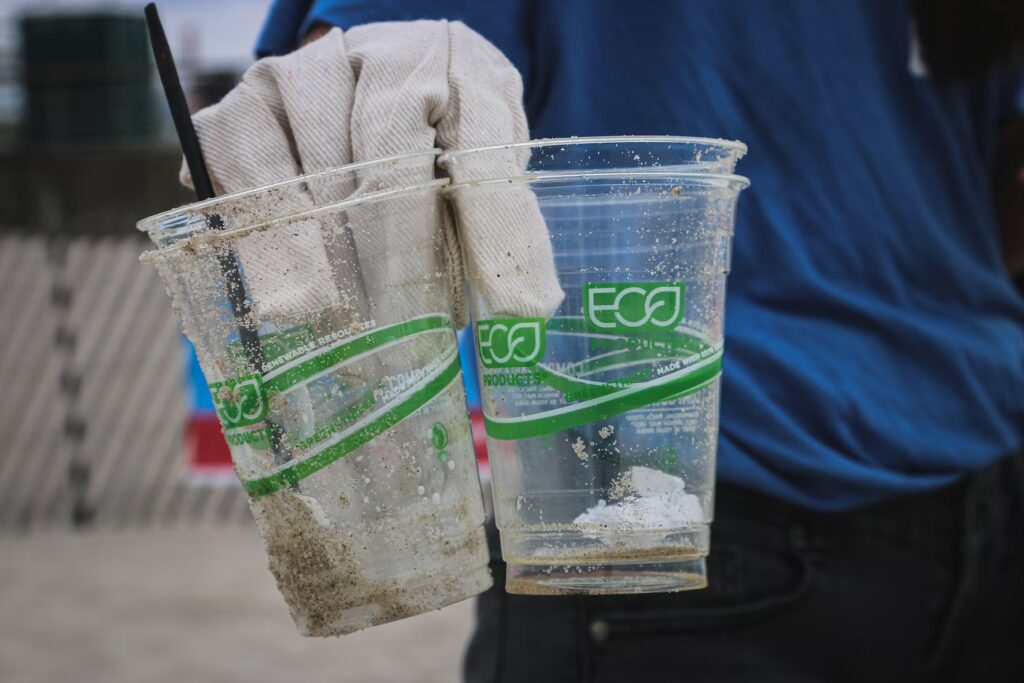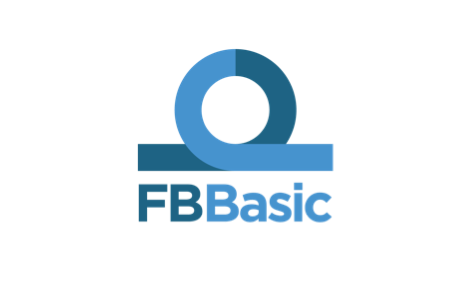‘Nine in ten organisations are talking publicly about sustainability commitments, but only 58% are moving programs into the implementation phase and even fewer (22%) are measuring against targets.’
Those numbers are not great. They come from a Google Cloud Sustainability Survey from earlier this year, and they point to a phenomenon that seems deeply rooted into boardrooms: greenwashing. In this article we dive into the reasons why this is problematic, but we also discuss a way forward. The most important measure: we need to start securing our circular propositions and make sure we monitor the effects of products and services. There are always reasons to postpone, but we believe there is more than enough reason to start now.
Greenwashing: where does it start?
There are (simply put) two main flavours of greenwashing. The first is a deliberate kind, where companies try to polish their image by providing ‘proof’ that they are sustainable. In most cases, this is easy to recognise. Think of European Airlines, who have recently been reprimanded (read: sued) because they claimed that carbon offsetting makes flying ‘CO2-neutral’, or made other promises that are hard to keep, or check. Planting trees for example, is a dubious measure, since it is hard for consumers to check whether these trees are actually planted. Or even better, what the exact impact is in terms of carbon footprint on the long term. Emissions from flying on the other hand, are certain and measurable.

Carbon offsetting, charging passengers for emissions and ‘sustainable fuels’ do very little to realise sustainable flying.
The second flavour of greenwashing is ‘we made a start but didn’t actually follow through’. A recent study by the Boston Consulting Group, Heidrick & Struggles and the French business school Insead showed that boardrooms worldwide fail to transform sustainable ambitions into plans. Why? Companies tend to focus on the here and now. Business as usual is safe and seems less risky. At the same time, this means they deny themselves the opportunity to find new markets, and they fail to follow up on their own view on things (66% says that sustainability should be ingrained in the company strategy).
Sustainable business models, a calculation worth making.
Companies go sustainable or circular for several reasons. Compliance can push them towards better solutions, pressure from their clients, or perhaps the company’s DNA is wired to constantly improve its practices. But when push comes to shove, there must be a business model to support sustainability and make greenwashing unnecessary and uninteresting. That’s why the potential of these business models is worth calculating. It puts investments into better products and services into perspective. We can’t make it any simpler than this: every company adds value for their customers (or at least tries to). Sustainability can be expressed in exactly these terms – value. The definition of this value can differ. Contributing to their sustainable goals, reporting or communication is value. Saving them money by providing buy-back services or products as a service – again: value. Perhaps you are helping them save on carbon pricing. Whatever the value might be that you want to add for your customer, it all starts with a business model that expresses what you have to offer.2-prijs. Wat de waarde ook is die je voor je klant wilt toevoegen, het begint allemaal met een businessmodel dat uitdrukt wat je te bieden hebt.
Solving greenwashing: walk the talk.
Now that we have established that sustainable ambitions must be supported by a solid business model, there is one more important step to be taken: walk the talk. In essence, this means companies must set measurable goals, follow up and secure them! Sustainable and circular products and services should be implemented and monitored. If we do so when it comes to finances (accounting), why not when it comes to our ‘green’ practices?

Companies making sustainable claims are facing more and more legislation that forces them to prove their green practices.
Luckily, legislation that prevents greenwashing is coming – and partly already exists. From 2024 onwards, the European Corporate Sustainability Reporting Directive (CSRD) will demand from large companies (500+) that they report transparently on – among other topics – impact on the environment. In the same year, the Ecodesign for Sustainable Productsis set to come into force, making sure more and more products will have to be recycled, reused and designed for a circular economy. Part of this regulation is the introduction of a mandatory Digitaal Productpaspoort for these material groups.
Full disclosure: this is how we realise our plans.
That is in essence what needs to happen to end greenwashing. Amidst sustainable claims there is huge demand for transparency, which can only be achieved by demonstrating how plans become a reality – or not. Companies might get away with some claims that are not based on hard facts, but it is time that we embrace the business opportunities of demonstrating these hard facts. By acting upon circular and sustainable plans, companies can show their true value to customers. Not only in terms of money, but by contributing to their customer’s sustainable ambitions as well.
Ready to get started? Let us know.
If you realise that it’s time to turn green claims into real action, get in touch. C_passport® allows you to secure your upfront claim or promise, from design to end-of-use. It easily demonstrates material composition, supply chain information and derived impact. It safeguards materials, secures value, and feeds transparent communication. Let’s build a circular economy together!



Recent Comments